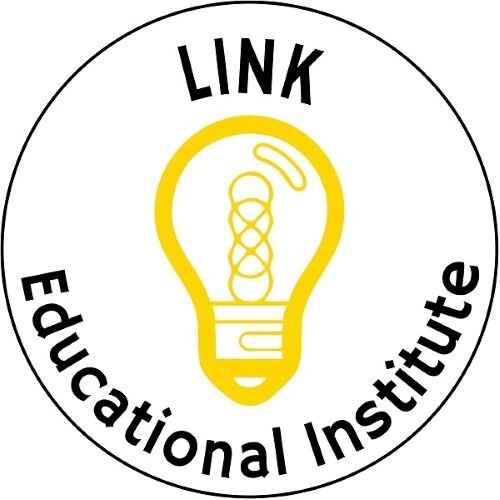Here are some steps you can follow to create better sentences:
Start with a clear idea of what you want to say. Before you begin writing, take a moment to think about the main idea or purpose of your sentence.
Use strong, descriptive words. Choose words that are specific and vivid to help convey your meaning more effectively.
Use active voice. In active voice, the subject of the sentence is performing the action. This makes the sentence more direct and engaging.
Use varied sentence structure. Mixing up the structure of your sentences helps to keep your writing interesting and easier to read.
Pay attention to grammar and punctuation. Proper grammar and punctuation helps to ensure that your writing is clear and easy to understand.
Revise and edit your work. Take the time to review and refine your sentences to make sure they are as effective and well-written as possible.












